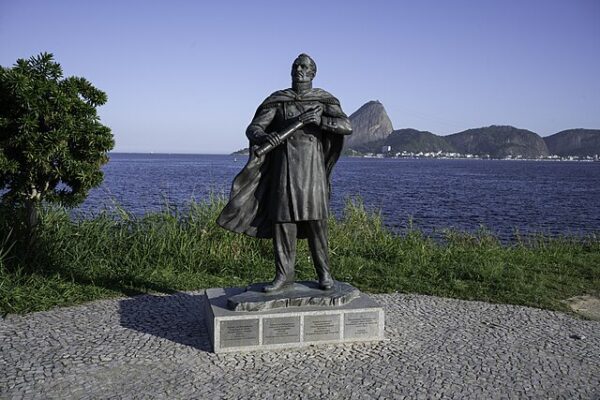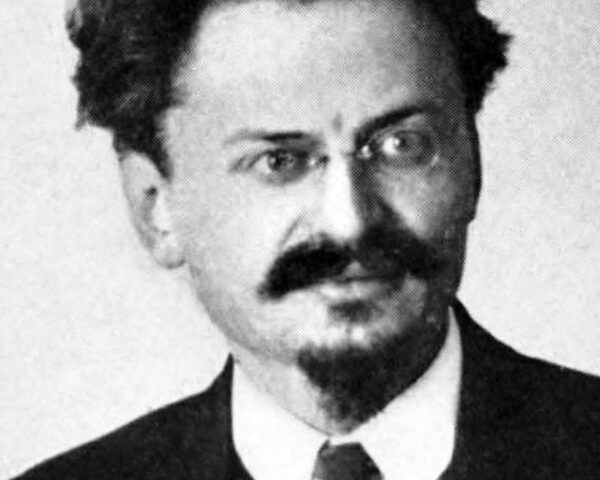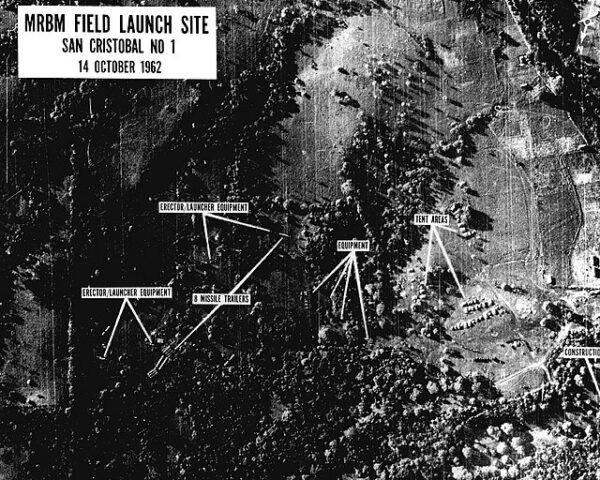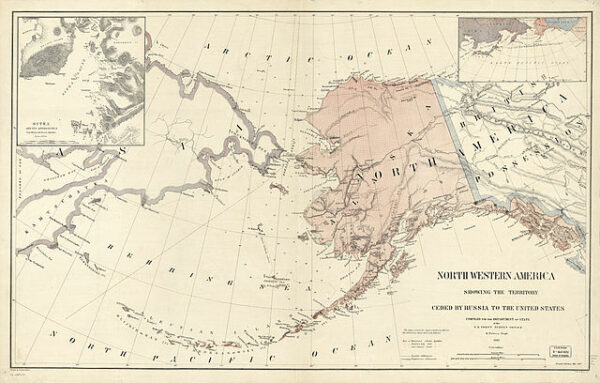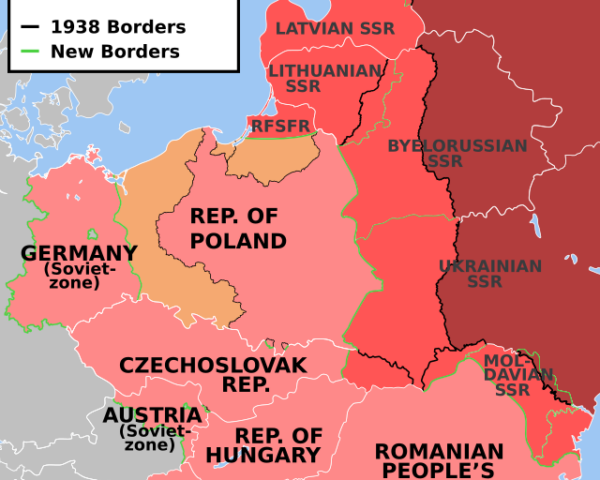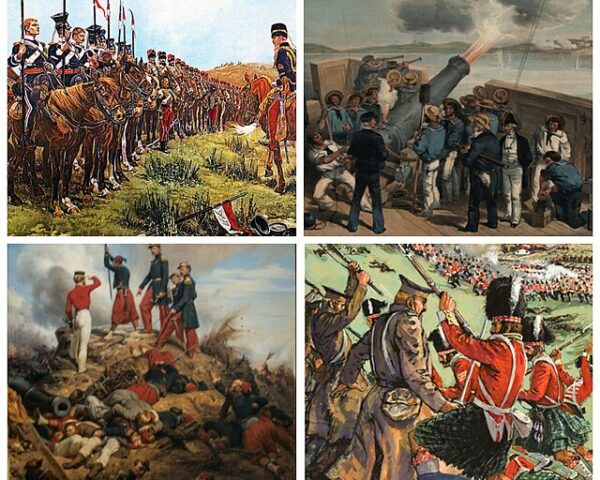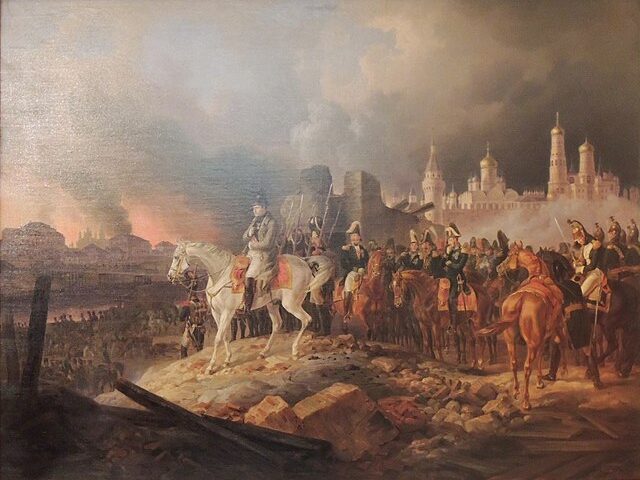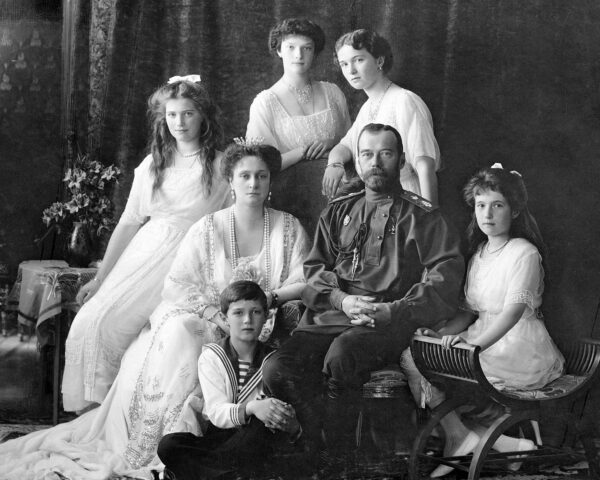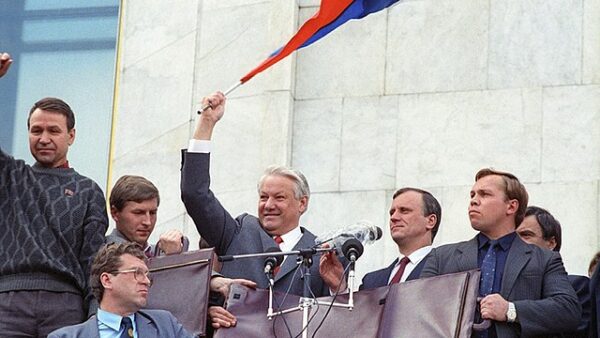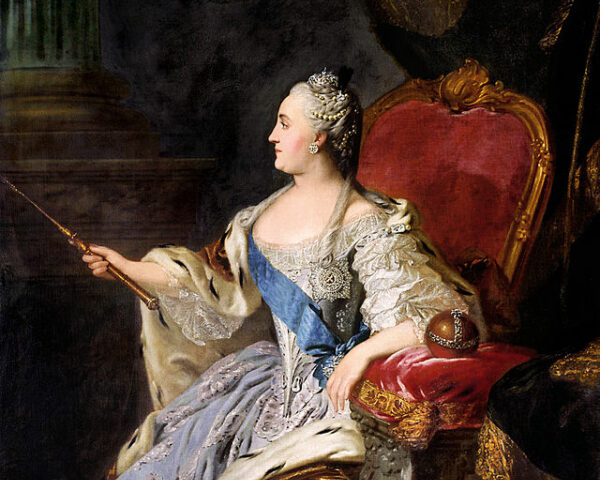On January 27, 1820, at the outer edge of the known world, a Russian naval expedition pressed south through ice-choked seas and altered humanity’s map of the planet. Commanded by Fabian Gottlieb von Bellingshausen and Mikhail Petrovich Lazarev, the voyage approached what is now…
Read MoreOn November 12, 1927, Leon Trotsky, a towering figure of the Russian Revolution and a former close ally of Vladimir Lenin, was expelled from the Soviet Communist Party. This moment marked a pivotal shift in Soviet politics, consolidating Joseph Stalin’s undisputed control over the…
Read MoreThe Cuban Missile Crisis of 1962 served as one of the most dangerous episodes in the history of the Cold War. It was a critical moment in which the United States and the Soviet Union teetered on the brink of nuclear war. The crisis…
Read MoreIn the midst of a chilly and overcast day on October 18, 1867, “Seward’s Folly” finally came to completion. Now celebrated every year as Alaska Day, the date commemorates a pivotal moment in the history of the United States and the far northern frontier…
Read MoreOn October 8, 1939, just weeks after the invasion of Poland, Nazi Germany officially annexed large portions of the country, marking a significant moment in the early stages of World War II. This act followed the German invasion of Poland on September 1, 1939,…
Read MoreOn a crisp autumn day, October 4, 1853, the Ottoman Empire, weakened but defiant, declared war on the Russian Empire, igniting what would become one of the most significant conflicts of the 19th century—the Crimean War. For decades, the Ottoman Empire had been struggling…
Read MoreAs the sun rose over Russia on September 15, 1812, Napoleon had already begun his ride to set up his headquarters in the Kremlin. The French Empire had made the long march to Moscow. “He would have passed through a beautiful city described as…
Read MoreThe execution of Tsar Nicholas II on July 17, 1918, changed the course of history, symbolizing the definitive end of the Romanov dynasty and the old imperial order in Russia and ushering in the Soviet Union. The event, shrouded in mystery and controversy, occurred…
Read MoreOn July 10, 1991, Boris Yeltsin became the first President of the Russian Federation, a historic moment marking a significant shift in Russian politics. This event came at a time of profound transformation for Russia, as it transitioned from a Soviet republic to a…
Read MoreOn July 9, 1762, Catherine the Great launched a daring coup against her husband that catapulted her to legendary status, seizing power through a dramatic and calculated series of events that unfolded that summer and changed Russian history forever. The discontent and dissatisfaction towards…
Read More

